 DONATE
DONATE
About us
THE SUSTAINABLE FAMILY COMMUNITY
Sustainable Family Communities, Inc. is a service-providing nonprofit organization helping countries that want to find a better way to convert impoverished communities into healthy, poverty-free communities that are economically, environmentally and socially sustainable
The Sustainable Family Communities® initiative has had design input and support of over 800 individuals and organizations from 19 different countries. This participation has helped to define how citizens who live in extreme poverty can be helped to create, establish and maintain poverty-free communities that will last for generations.
Sustainable Family Communities®, Inc is now donating our designs, master plan and guidance for their implementation to countries that want to use this model to provide their citizens an alternative to extreme poverty.
Receive our periodic newsletter
Sign up to be kept informed about the latest projects from Sustainable Family Communities, Inc. and our work to reduce poverty, assist adoptions, create jobs, provide education, healthcare, create socially sustainable communities and more. Just enter your information below.
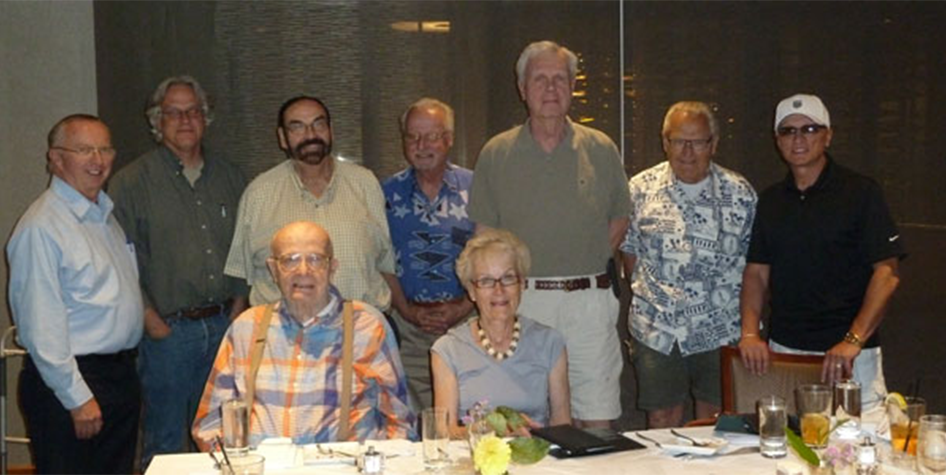
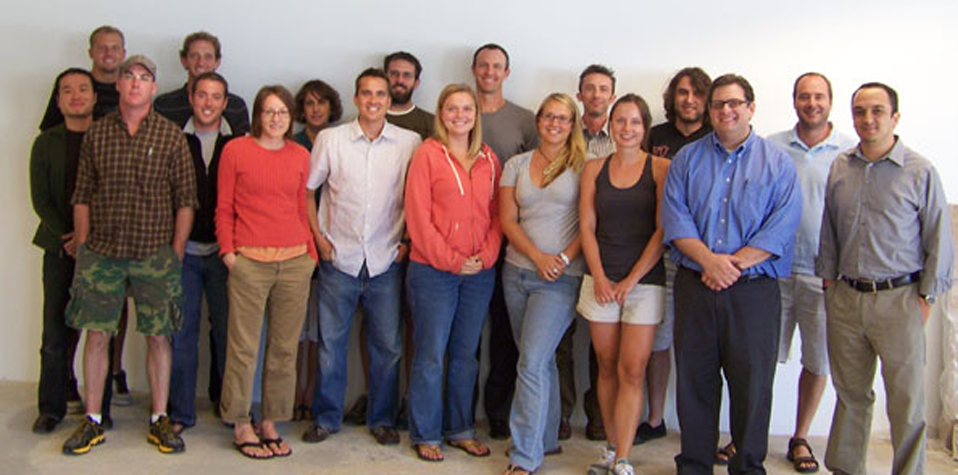
Board of directors
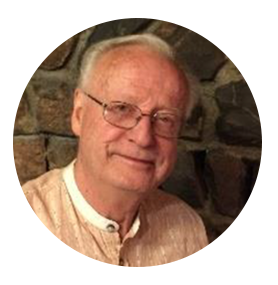
Michael Lanier
PRESIDENT
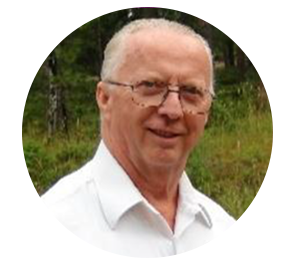
Bob Miller
EXECUTIVE DIRECTOR
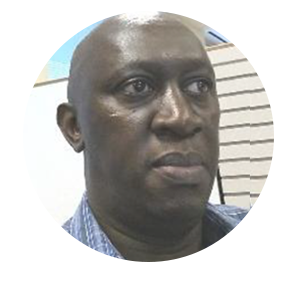
Robert Mugerwa
BOARD MEMBER
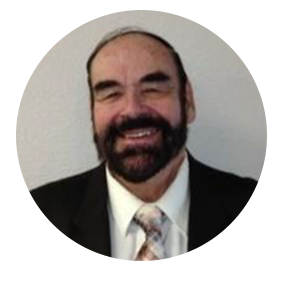
Manfred Chemek
BOARD MEMBER
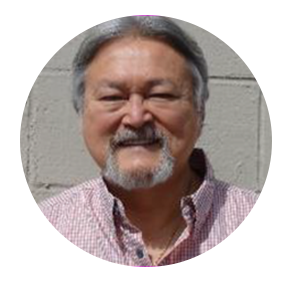
Steve Kohr
BOARD CHAIRMAN
advisory team members

Caii-Michelle
International Celebrity Ambassador
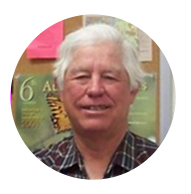
Erwin Young
Aquaponics & Greenhouse

David J. Figuli, Esq.
Education Policy

T.J Carney
US Legal & Rotary
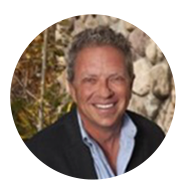
Kevin Ruble
Employee Involvement
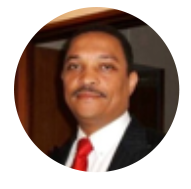
Col Edison Ross
Cambodia
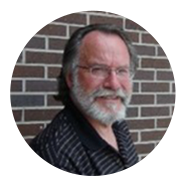
Daniel Raphael PhD
Social Sustainbility
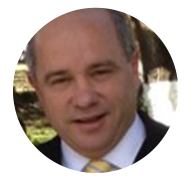
Javier Garcia
Mexico Finance & Adoption
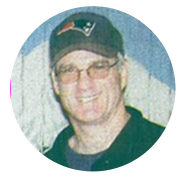
Frank Ricci
Financial Analyst
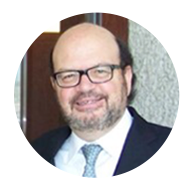
Daniel del Ri0
Mexico Law

Nick Parker, PhD
Agriculture and Natural Resources

Francisco E. Miraval
Hispanic Culture
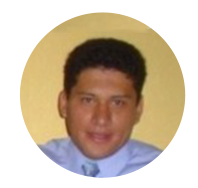
German Cruz
Paraguay Commerce & Legal

Jonathan Ellerby PhD
Indigenous Culture & Spirituality
Warren Rose
Bio-Energy
Victor Belendez
Architect
Robert Johns
Native American Spirituality
Troy Braegger
Attorney
Henry Folkes
Mexico Accounting
Our Values
Sustainable Family Communities® Initiative
- The dignity of the human person is a fundamental moral value. We value diversity, inclusiveness and treating each other and those we serve, with dignity, honesty and respect.
- We aim high while sharing responsibility to build a better world and control our destiny.
- We respect the principle of local autonomy for all activities at the local level while, at the same time, helping each whole Sustainable Family Community to work together effectively and harmoniously in the pursuit of our common mission of sustainability and helping orphans.
- In the Communities created, residents are encouraged to be full partners in sustainable decision-making, economically benefit from collaboration, and participate in the reciprocal transfer of knowledge and skills among all collaborators and partners.
- We seek to foster “family,” as defined by each culture. As the primary system of support and preferred intervention to improve the quality of life and aid orphans, our programs respect cultural differences wherever built.
- We are an innovative, creative, and transparent learning organization, sharing our experiences and ideas and transforming what we learn into more effective action. We draw strength from fair, open and candid communications in all of our business relationships.
- Our business entities deliver products, information and services which fully meet or exceed customer expectations. We focus on continual improvement to achieve the highest possible level of customer satisfaction, remain superior to the competition and be recognized by customers as a technology and quality leader. Our quality system is designed to achieve these goals while maintaining a safe workplace for our employees and being proactive in the preservation of the environment.
- We seek to develop close working relationships with both faith-based and secular organizations that share our vision of creating SFCs and helping orphans.
- We are good stewards of resources entrusted to us and use them in an efficient and effective manner, knowing that we have an obligation to operate at all times in a transparent and accountable way — to those we serve, our supporters, and to one another.
- We have a bias for action, a passion for results, teamwork, coaching and feedback, and we have fun while doing it.
- We incorporate the above in all aspects of policymaking, designing, building, managing and operating all SFCs.
History
In the early 1990s, one of the founding members of this initiative, Bob Miller, took a volunteer vacation to Guadalajara, Mexico, where he volunteered a week of labor to an orphanage, Casa de Protección al Niño, in Tlaquepaque, a suburb of Guadalajara.
With an emotional connection to 120 children stealing his heart, it was inevitable that more trips were in his future. About two years and five trips later, due to the death of one of the owners of the private orphanage, it was being closed and the children put into other orphanages throughout Mexico. Two of the children asked Bob to adopt them.
While it was not in his conscious list of life goals, after checking into the legalities and the process, he agreed to become the adopted father to the two children. It took five years to go through the adoption process, getting passports in their new names and obtaining the "green cards" (immigration cards), but finally it was done
During and after this time, the new father, when taking his sons to visit their friends who were still in an orphanage, was able to see the developmental difference between children raised in an orphanage and those in a family. It is this distinction that became the seed for this project to make it possible for more orphaned children to be raised in families.
Four years later, with the question, “How can more children get out of orphanages and into real families?” continuing to nag him, he quit his job to work full time to find an answer. A nonprofit was formed, Our Family Orphan Communities, Inc. (O.F.O.C.) and the design team gathered.
The team research found that every orphan-care facility they looked at was dependent, at least in part, on donations or government subsidies. They saw that when donations went down or subsidies were lost, childcare suffered or the facilities would close. It was decided that a required goal of the O.F.O.C. design was that it must be economically self-sustaining.
With the goals of getting orphans into families and making them economically self-sustaining, the team set to work. Two years later, the generic design was done. For-profit, commercial-sized businesses would be the economic engine that would create profits to make a new community financially independent, while ten family homes, each having two (surrogate) parents and two grandparents, would care for permanently placed or adopted children.
With the generic design in hand, it was necessary to do a more specific Needs and Wants Analysis where there were many orphans. Through connections from his previous work as an international management speaker and consultant, Bob was soon meeting with the Director and Staff of the Vietnamese Aid Society for Disabled Children (VASDC). It was soon clear they and the President of Vietnam liked the model, as did the Vice-President, Prime Minister and others. There was no question that the need was there and the O.F.O.C. solution was wanted. Meetings were held and agreements signed. Ninh Binh province donated the land, VASDC found funders who would assist and Bob appeared on national television with the Vice-President of Vietnam thanking him for what was being done for the children and people of Vietnam. Everything indicated forward progress was imminent until the BBC News announced "inflation in Vietnam has passed 27% annually and is continuing to rise." That announcement put the funding on an immediate hold. After a year, when it was evident that funding for the Vietnam prototype would continue to be postponed indefinitely, the O.F.O.C. Board of Directors turned the focus to Mexico.
All during the time we were working with Vietnam, the design for the Sustainable Orphan/Adoption Community continued to be refined. Our research continued and our Need and Want Analysis trips to Mexico found that the majority of the children in orphanages are not orphans. They are there due to the effects of poverty –little or no family income, inability to care for the children, abuse, neglect and abandonment. Suddenly our board realized that we were not only working to get children out of orphanages into families, but with the design of our Communities, we could also help to keep them from being put into orphanages by helping parents to reduce their poverty.
This is when the name of the initiative was changed to Sustainable Family Communities®. Soon, with a Master Plan created by the University of Colorado, the design for the Communities was not only economically self-sustaining, but also aimed at an environmentally responsible food-supply and Community. It is now helping to "reduce the number of orphans" by reducing the extreme poverty in urban slums, which is where many of the children begin their lives as orphans. It also helps families that want to adopt children from orphanages.
More details can be found in our 200 page book about this initiative: Poverty As My Teacher – Learning to Create Sustainable Family Communities®.
Your donations can help to reduce extreme poverty so more children can stay in their families (by helping to improve family stability) or be adopted into families by supporting the Sustainable Family Communities® initiative.
Together we are
LEADING THE WAY OUT OF GLOBAL POVERTY®
Timeline of Our Family Orphan Communities, Inc. evolving to become Sustainable Family Communities, Inc.
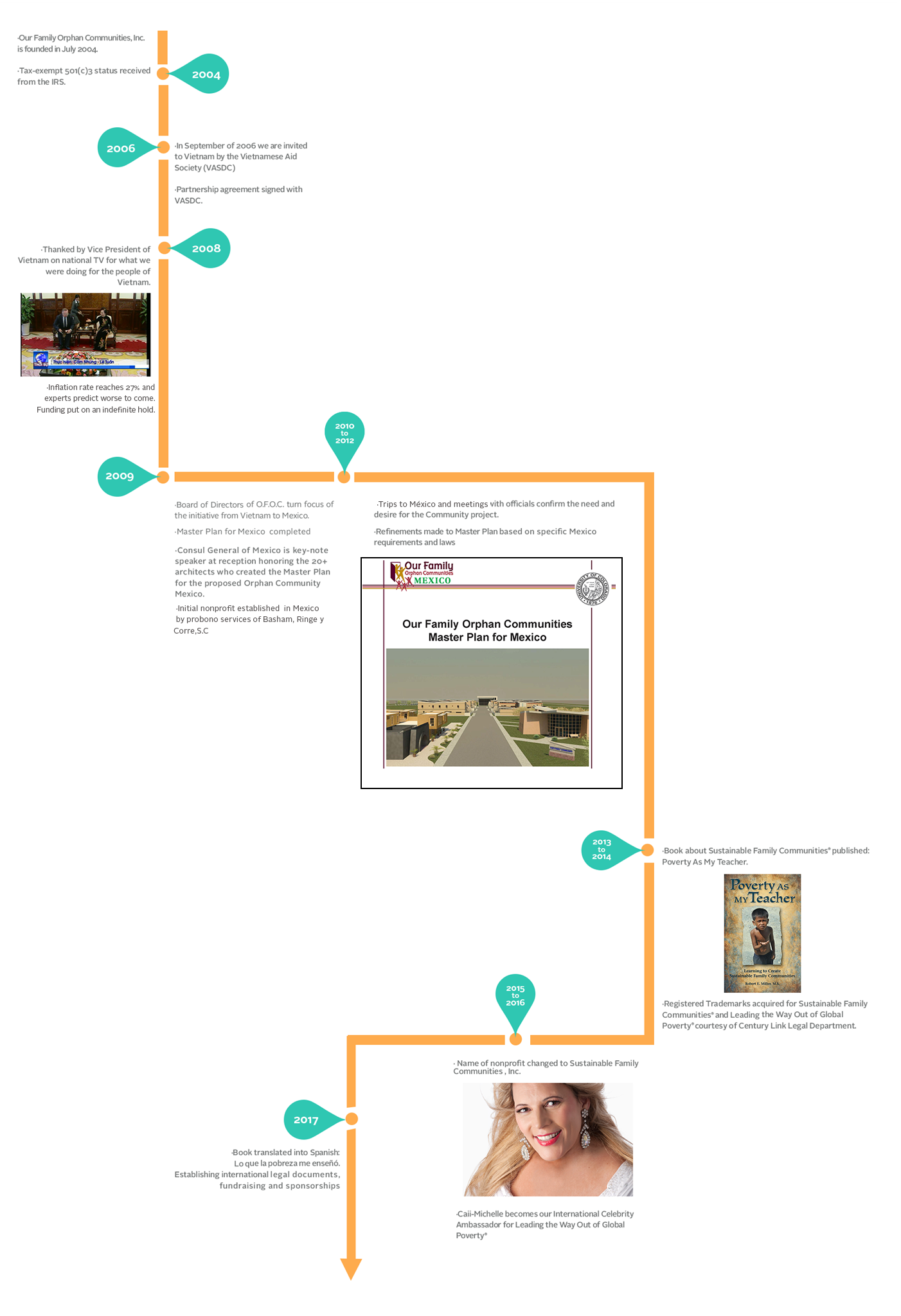
gallery
Children from the orphanage that started the thought of: How can we get more children out of orphanages and into real families – and - how can we help to keep children from being placed in them in the first place?
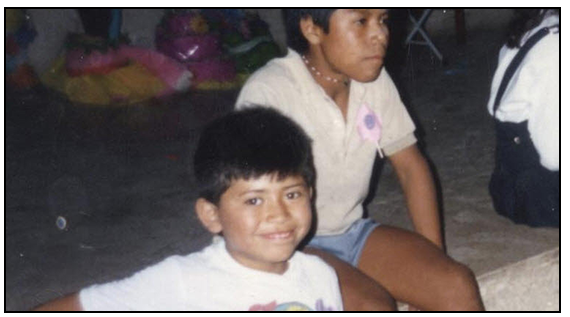
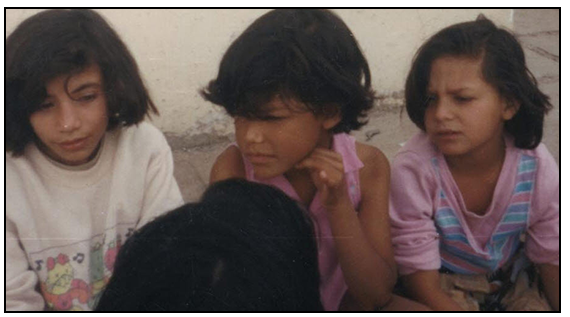
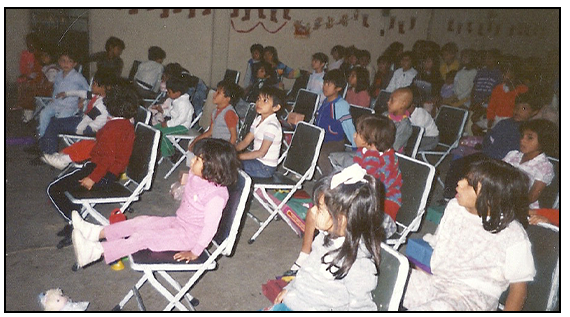
With compassionate help from volunteers and professionals from many countries, the initial concept is conceived. Homes with surrogate or adopting parents and businesses to make a community economically self-sustaining.
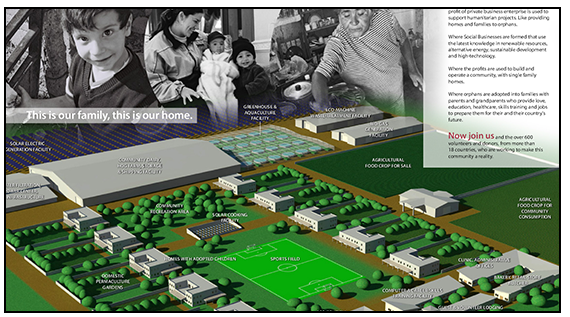
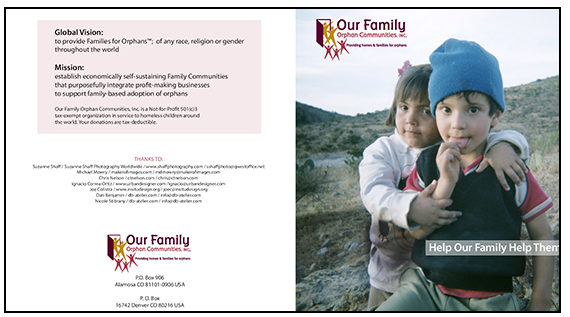
Partnering with the Vietnam Aid Society for Disabled Children, working on the prototype Community and being thanked on national TV by the Vice-President of Vietnam for the work we were doing for the people of Vietnam.
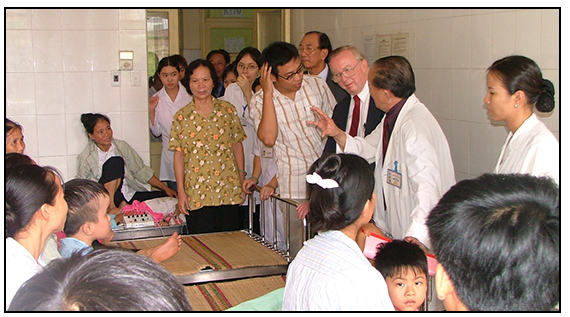
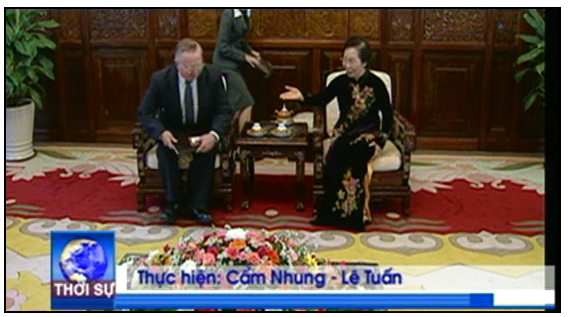
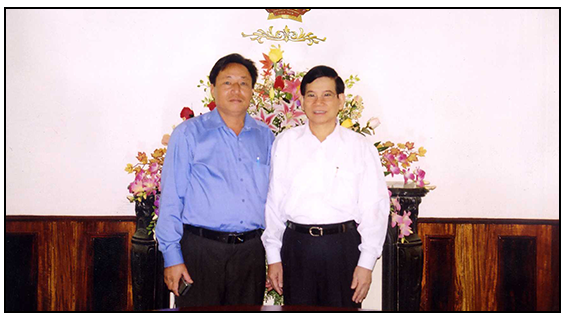
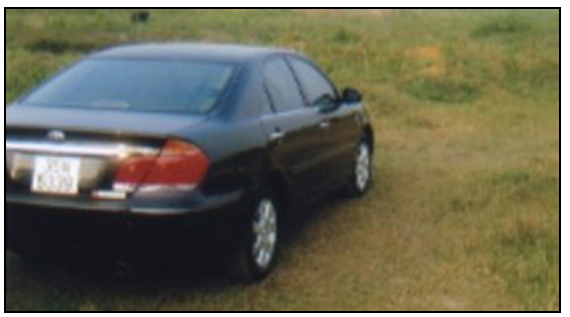
Architects from the University of Colorado College of Architecture and Planning, with contacts from the Consul General of Mexico creating the Master Plan for Mexico.
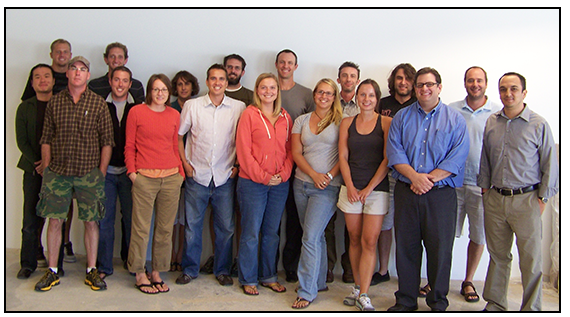
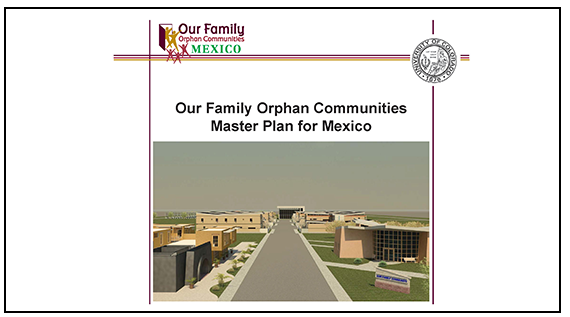
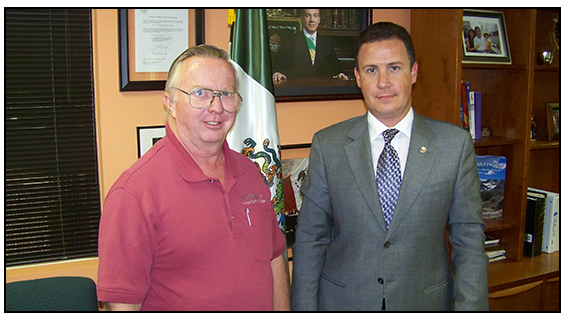
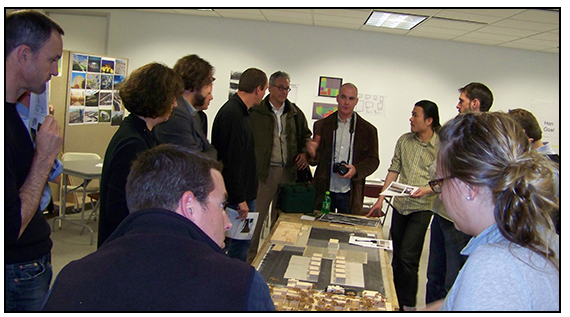
Following up on land donation offer in the state of Durango, Mexico and meeting with officials from the state Child and Family Services department (DIF) and Social Development Department (SEDESOL).
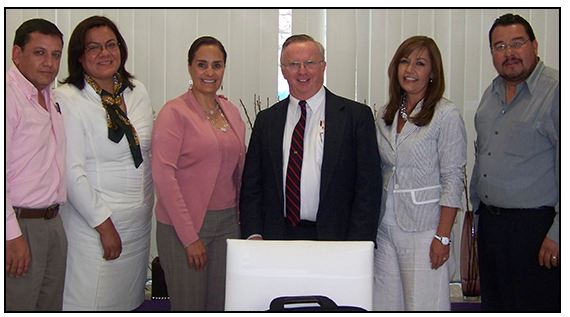
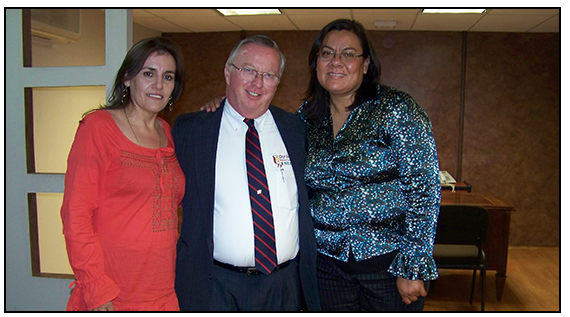
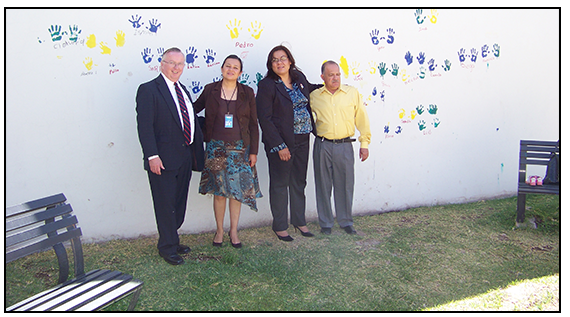
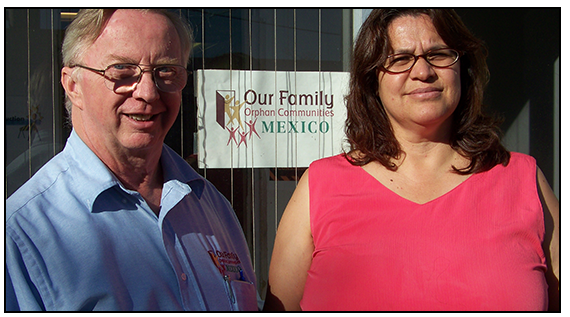
USA and Mexico attorneys and accountant providing probono services to establish our nonprofit in Mexico.
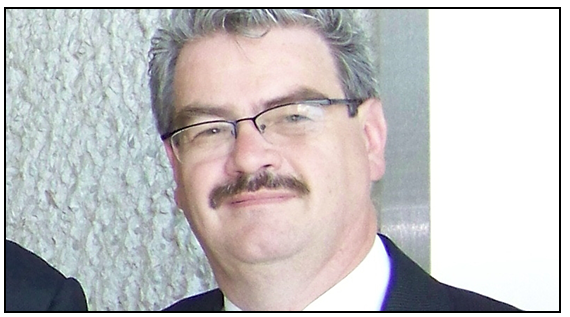
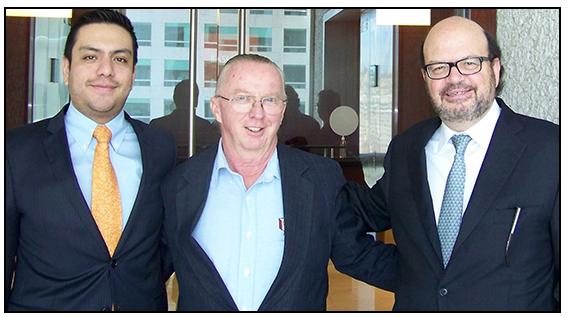
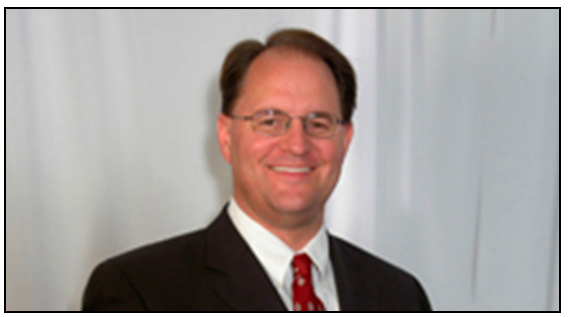
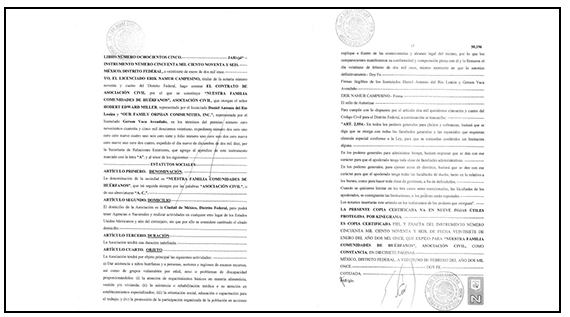
Many visits to Mexico have helped us build our support. Rotary Clubs, Government officials, professionals, private citizens and organizations have unanimously said the Sustainable Family Communities® would be good for Mexico.














